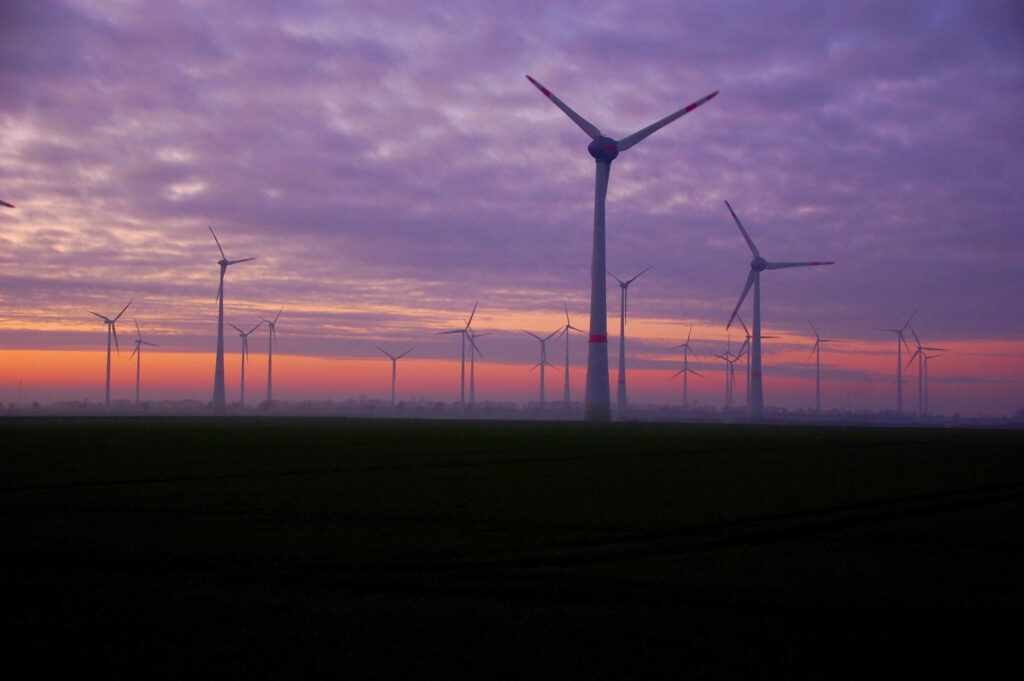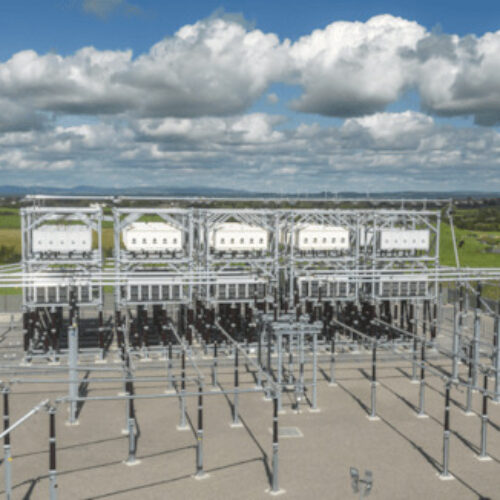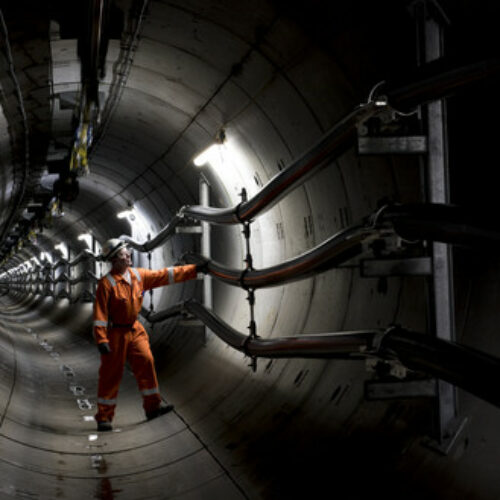New research by the New Economics Foundation (NEF) has recommended that the UK government invest 2-3% of GDP in green projects, such as renewables, in the event of a recession.
The next recession – which the most recent forecasts predict has a 30-40% chance of occurring in the next few months – should contain the largest green stimulus that is feasibly possible, the report states.
It suggests investing between £30 billion and £50 billion on green stimulus packages that would cover three years. A third to a half of this investment should be spent over the first twelve months.
In the event of a recession, private sector investment is likely to decrease, with the shortfall needing to be made up by public investment.
“Government should therefore stand ready to both step in as a backstop on private sector plans, as well as to bring forward its own plans at short notice in order to aid the recovery and maintain progress towards key climate goals,” NEF says.
It suggests that the government identifies a pipeline of ‘shovel-ready’ zero-carbon investments, that could help it kickstart a green economy.
Therefore the report suggests that all branches of the government create long-term plans for a green transition, and that it establish new national agencies to help scale up renewable energy investment and launch a new national infrastructure programme for EVs.
The report looked at previous recessions, and used new modelling to show that public debt as a proportion of GDP is likely to be higher without such investments.
Although the government would have to borrow for such green stimulus packages to take place, government spending on welfare would rise much faster without them, leaving tax receipts would fall slower. As such, investment into green stimulus programs focused on renewables an EVs could help the UK tackle both climate change and recession.
NEF looked at the financial crisis in 2010, finding that had the government invested £10.5 billion in an energy efficiency program focused on insulation, residential emissions would have been 30% lower by 2018. On top of this, energy saving to household bills would have amounted to the cost of the program by 2013.
Frank Van Lerven, senior economist at the NEF, said that governments have failed to respond to the financial crisis in 2008 with the investmentment needed to “tackle environmental breakdown in a socially just way was a missed opportunity. And it’s an opportunity we cannot afford to miss again”.
“10 years on, policymakers are hopelessly ill-prepared for the next downturn. But in this perilous position, there is also a clear opportunity for change. A return to status quo in the form of tax cuts and monetary stimulus is not an option. Any response to the next recession must be green in focus, but this means we have to start preparing now.
“The nature of the UK’s response to a recession could prove the difference between whether progress towards crucial climate targets ultimately prove a failure or a success. The response to the next recession needs to become the springboard to a different, sustainable future,” Van Lerven added.





